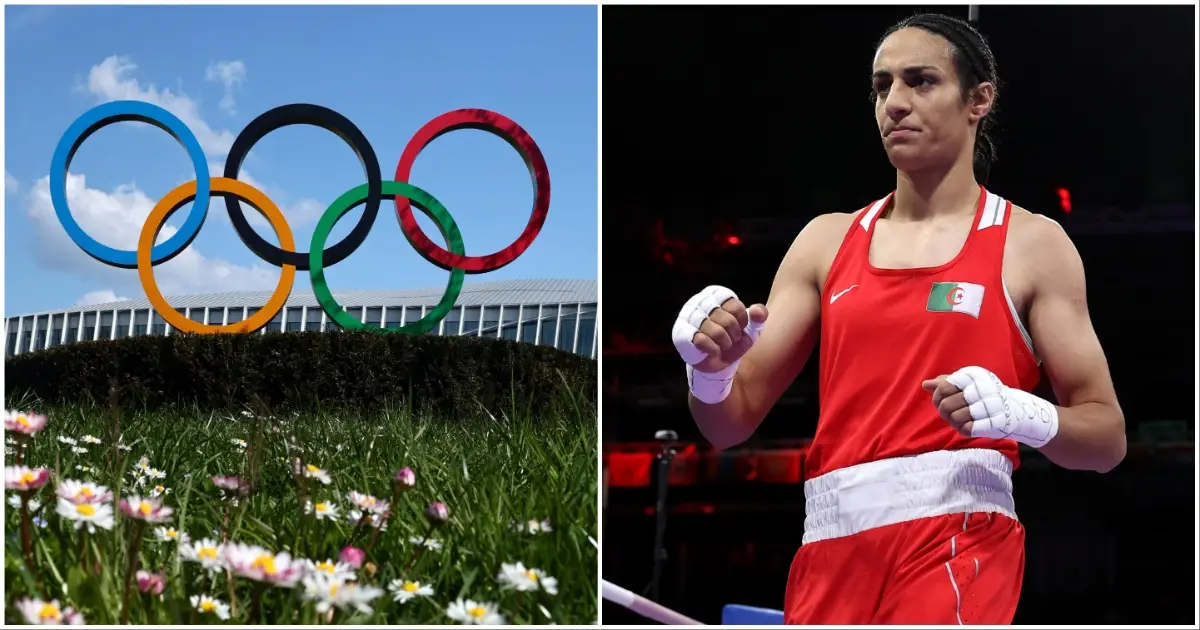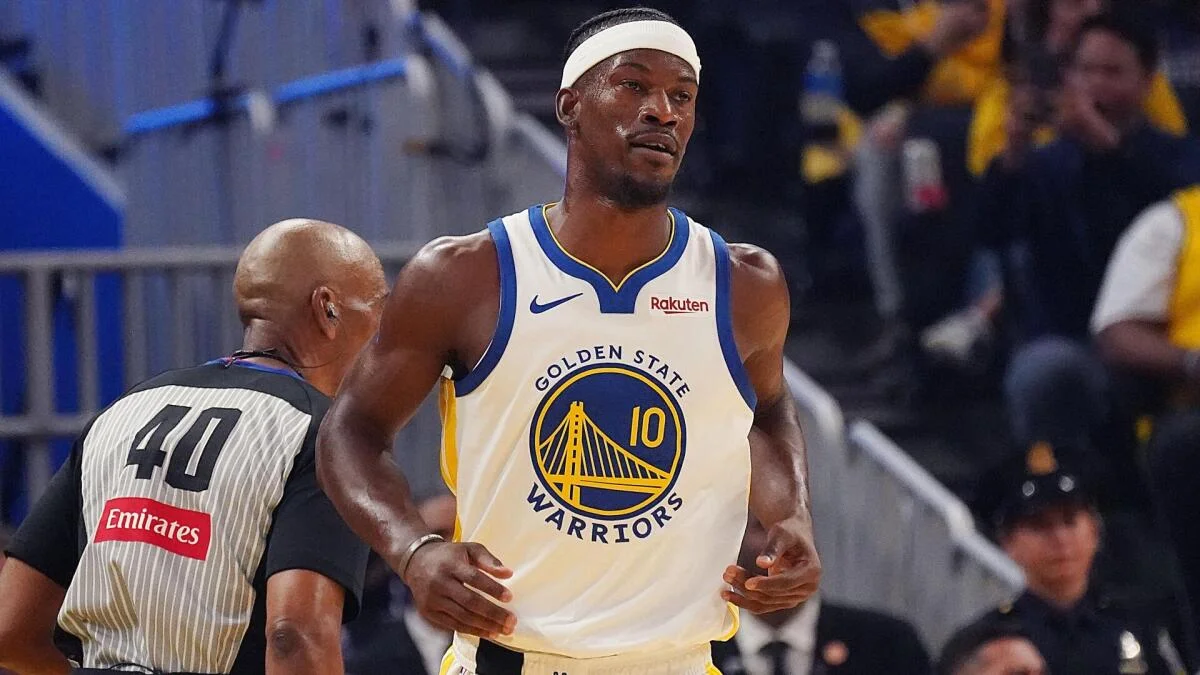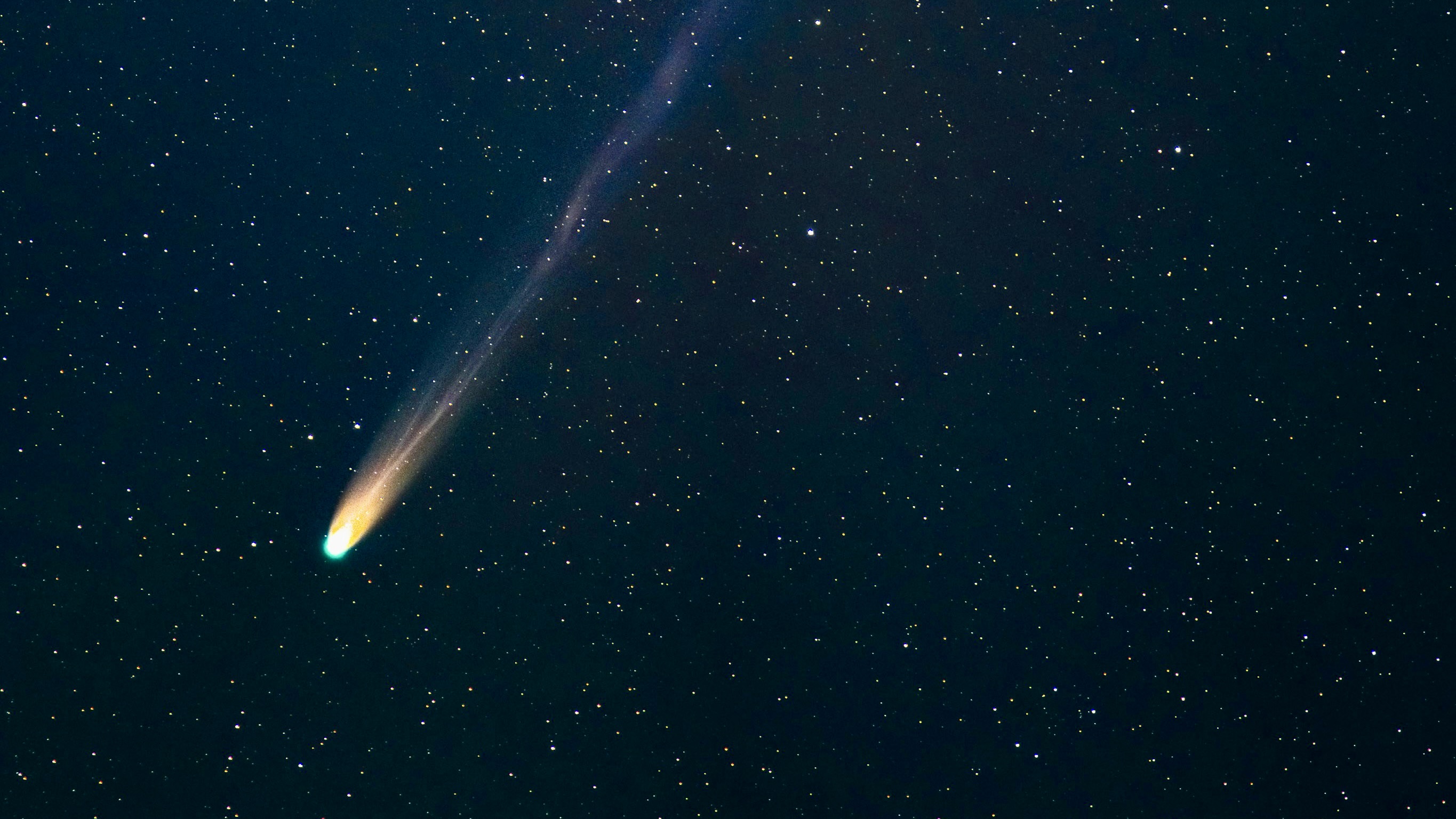Copyright GIVEMESPORT

The International Olympic Committee is "continuing its discussions" over a blanket ban which would prevent any transgender women from competing in female categories across all sports. As the most prestigious event in the sporting world, the Olympics is often the pinnacle of an athlete's career, but with an increasing number of transgender participants competing in female categories, the IOC are looking to protect women's sport by introducing a ban that would prevent those who have transitioned from participating in such categories; a ban that is looking likely to be imposed ahead of the 2028 LA Olympic Games. IOC President Kirsty Coventry told BBC Sport in March that the organisation must "play a leading role" in addressing the sensitive matter, adding that IOC members had shown "overwhelming support" for the protection of women's sport. One such member could be the IOC's medical and scientific director, Dr Jane Thornton, whose science-based review highlighted how those who were born biologically male still experience physiological advantages, even if they have decreased testosterone levels. A ban would likely see all transgender athletes prevented from competing in female categories. However, the stance on those who suffer from differences in sex development (DSD) is less clear. DSD is a term used to describe a group of rare conditions in which a person's hormones, genes and/or reproductive organs, can be a mix of male and female, meaning that a blanket ban may not be suitable and cases might have to be dealt with individually. However, not all Olympic officials have shown support for the ban. The President of the Paralympic Committee, Andrew Parsons, told BBC Sport that while protecting women's sport is "the number one priority", he acknowledged that the increasing number of transgender athletes "would like to compete at the highest possible level" and that he doesn't "believe in blanket solutions for such a complicated thing, especially because sports are so different in terms of what they demand from the athletes." So who could be impacted if such a ban was to be put in place? Imane Khelif One athlete, whose participation in the 2024 Games sparked controversy, is Imane Khelif. The Algerian won gold in Paris for the women's 66kg boxing event, despite claims that she had allegedly failed a gender eligibility test the previous year. The test came ahead of Khelif's gold medal bout at the World Championships in New Delhi, but she was disqualified from the event, having failed to meet the IBA's eligibility criteria. World Boxing have since introduced mandatory sex screening for all fighters, with Khelif yet to undergo such tests as she hasn't fought since they were put in place. However, she has turned to the Court of Arbitration for Sport, in the hopes that she will be allowed to compete without participating in the screening. Laurel Hubbard Another controversial Olympian is Laurel Hubbard, the first openly trans woman to compete in a solo event at the Olympics. Hubbard, who was born male, transitioned at the age of 35 in 2012, before winning two World Championship silver medals in 2017. However, at the Tokyo Games, she was the only woman who failed to complete a single lift, having attempted 120kg once and 125kg twice. The New Zealander has since retired from the sport, meaning, as things stand, she will not participate in LA, irrespective of any bans. Lia Thomas Female swimmers have also voiced their concerns over competing against Lia Thomas. After becoming the first openly trans woman to win a college swimming title in 2022, Thomas' opponents had raised objections with regard to sharing a changing room with her, as well as the morality of competing against someone who was born biologically male. However, the American never made it to the Paris Olympics after a rule change by World Aquatics. The rules state that transgender athletes must have transitioned before the age of 12 in order to be allowed to compete, which left Thomas excluded as she transitioned during her time at university. So, similarly to Hubbard, it is highly unlikely that she will be able to compete in front of her home crowd, even if the IOC's ban is not in place by 2028. Chelsea Wolfe Chelsea Wolfe knows all too well about the heartbreak of being excluded from her beloved sport. Having been picked as an alternate for Team USA in BMX ahead of the 2024 Games, it seemed as though her seat on the plane was secured. However, a change of rules by cycling's governing body, UCI, meant that those who had transitioned after undergoing male pubity, were prohibited from competing in women's events. But, while Wolfe would've been hoping that a change in rules would happen before LA, it seems as though she has already ruined any chances of competing in the Games. The rider's Instagram story was plastered with posts celebrating the death of conservative activist Charlie Kirk after he was shot at an event in Utah. Wolfe's sickening stance led Team USA to publish a statement, stating that Wolfe had not been a member of USA Cycling since 2023 and that the views of current and former athletes did not reflect those of USA Cycling. Emily Bridges Another cyclist whose hopes were dashed by the UCI's rule change was Team GB's Emily Bridges. Similarly to Wolfe, Bridges was expecting to be on the plane to Tokyo, only to be prevented from competing by the UCI. She had been given the option to compete in the men/open category, which would see her compete against both men and other transgender athletes, but said that part of her life "is gone now" and that competing is "not something I really want to do anymore."



